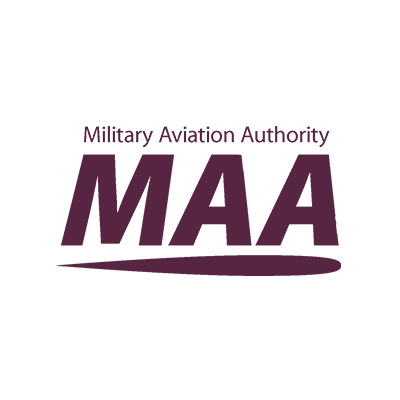What does the delay in 737 MAX deliveries mean for operators?
Boeing’s recent announcement regarding further delays in the deliveries of the 737 Max aircraft has significant implications for airline operators, both financially and operationally.
Boeing’s recent announcement regarding further delays in the deliveries of the 737 Max aircraft has significant implications for airline operators, both financially and operationally. The 737 Max, once hailed as Boeing’s fastest-selling plane, faced worldwide grounding after two fatal crashes, and having returned to service, has once again faced widespread groundings due to the incident on 5th January, which left a gaping hole in the side of an aircraft during flight.
For operators, the delay in receiving new aircraft can have a multifaceted impact. Firstly, it disrupts fleet expansion and modernization plans. Airlines often rely on new aircraft to increase capacity, improve fuel efficiency, and enhance passenger experience. Delays mean operators must continue using older, less efficient aircraft longer than planned, which can increase operational costs and environmental footprint.
Secondly, these delays can affect route planning and competitiveness. Airlines that anticipated the 737 Max to serve new routes or increase frequencies will have to adjust their schedules, potentially losing market share to competitors with more readily available aircraft. This scenario can lead to lost revenue opportunities and customer dissatisfaction if operators cannot meet demand or offer the expected level of service.
Financially, delays can strain airlines’ budgets. While Boeing may face penalties or compensation claims, the immediate cash flow impact and the cost of alternative arrangements (such as leasing additional aircraft) can be substantial. For airlines already navigating the financial challenges posed by the global pandemic, further delays add another layer of complexity to their recovery efforts.
In addition, the delays in Boeing 737 Max deliveries could potentially necessitate updates to mandatory equipment for several reasons:
- Regulatory Changes: Aviation regulations continuously evolve, especially in the wake of the 737 Max incidents. These changes can include updates to safety systems, cockpit avionics, and other critical equipment to enhance aircraft safety and operational efficiency. As a result, Boeing and its operators might need to incorporate these updates into the 737 Max aircraft before delivery, ensuring compliance with the latest standards.
- Technological Advancements: The aviation industry is rapidly advancing in terms of technology. Delays in aircraft deliveries provide an opportunity to integrate the latest advancements in navigation, communication, and efficiency into the aircraft. While this can be beneficial in the long term, it may require operators to update their existing or incoming fleet to maintain consistency and take advantage of these improvements.
- Operational Requirements: Airlines have specific operational needs based on their routes, customer expectations, and competitive landscape. Delays in aircraft deliveries might prompt operators to reassess and possibly upgrade their mandatory equipment to better serve their market, especially if competitors are introducing newer, more advanced aircraft into their fleets.
- Safety Enhancements: Following the grounding and the intense scrutiny of the 737 Max, Boeing has made several changes to the aircraft’s systems, particularly the Maneuvering Characteristics Augmentation System (MCAS), to address safety concerns. Operators will need to ensure that all their 737 Max aircraft, whether already in their fleet or pending delivery, are updated to incorporate all mandated safety enhancements and training programs.
It’s important for operators to stay informed about regulatory changes and technological advancements to ensure their fleets meet the highest standards of safety and efficiency. This may require significant investment in training, equipment updates, and modifications to aircraft, which could add to the operational challenges posed by the delivery delays. However, these updates are crucial for maintaining passenger trust and competitive edge in the aviation industry.
Undoubtedly, the uncertainty surrounding the 737 Max deliveries will erode trust among operators. Airlines need confidence in their fleet planning and growth strategies. Continuous delays can lead operators to consider aircraft from other manufacturers, potentially altering market dynamics and Boeing’s position within the industry.
In summary, Boeing’s announcement of further delays in 737 Max deliveries presents a challenging scenario for operators. It affects their operational efficiency, financial planning, and strategic positioning within the highly competitive aviation industry. Airlines will need to adapt their strategies, potentially seeking alternative solutions to mitigate the impact of these delays on their operations and long-term objectives.
Image courtesy: Boeing
Ready to start a conversation?
Building 307,
Aviation Park West,
Bournemouth Airport,
Dorset,
BH23 6NW
ATL Europe,
3 rue Franche Comté,
Pépinière d’Entreprises BP311,
50103 Cherbourg en Cotentin,
France

